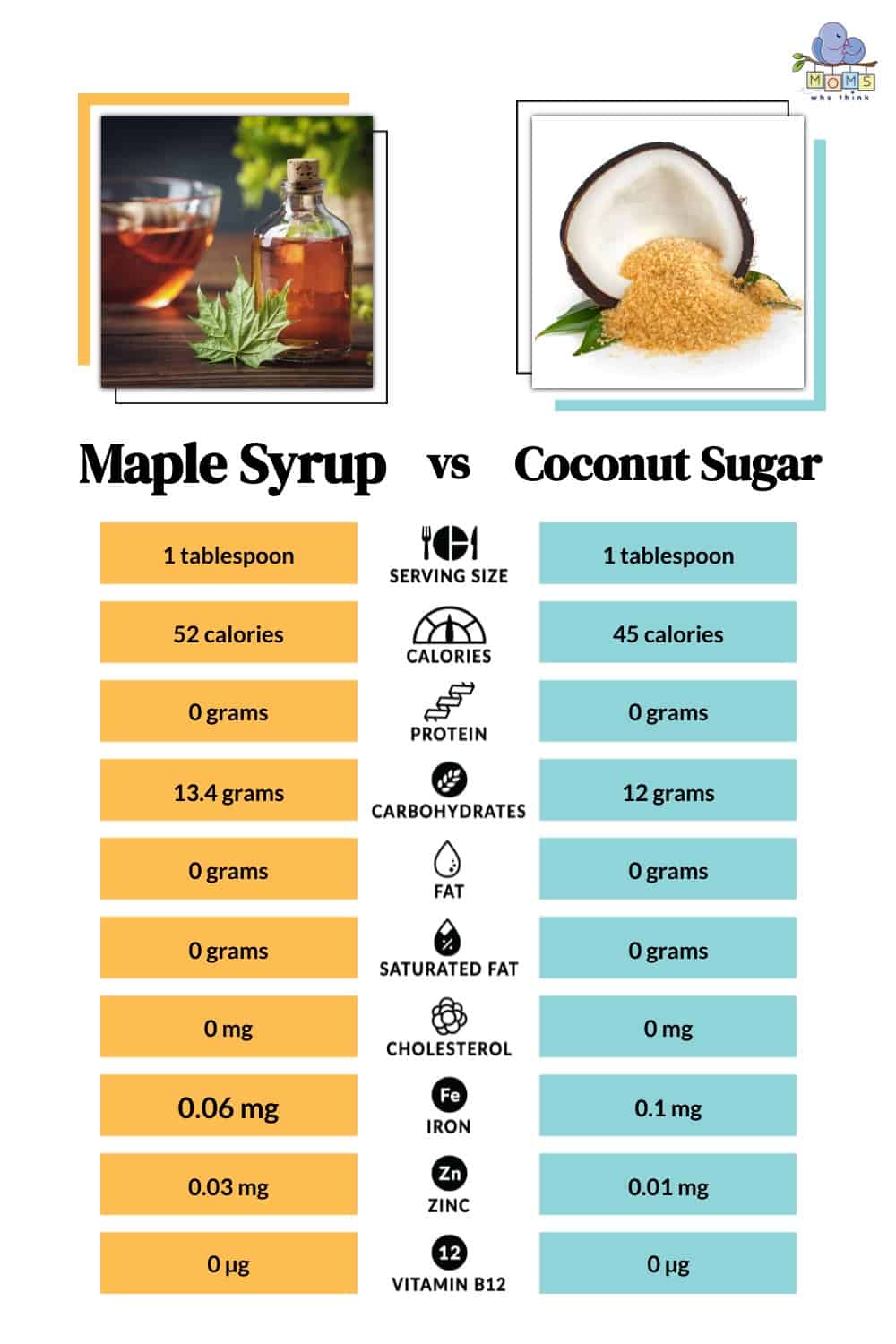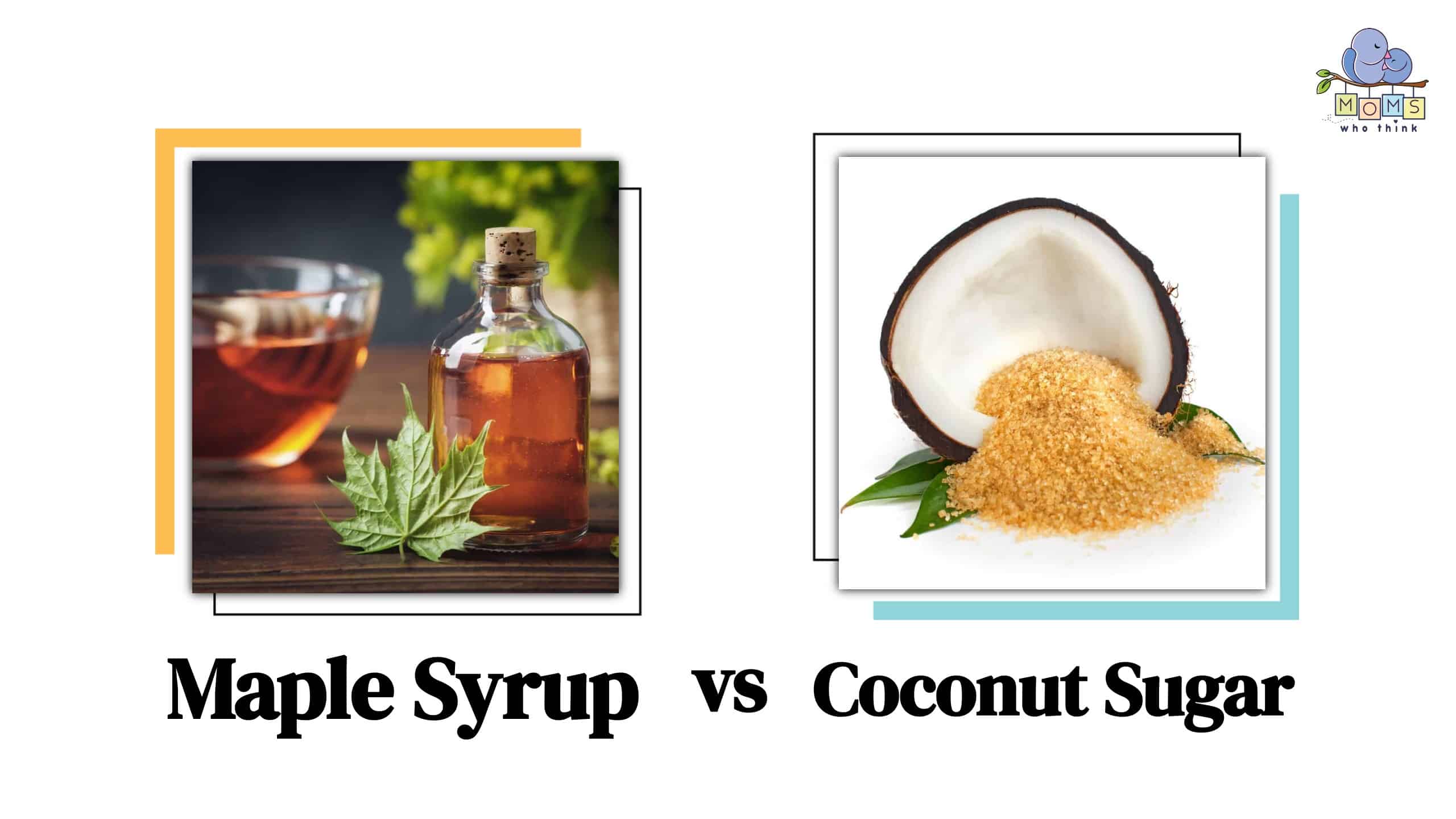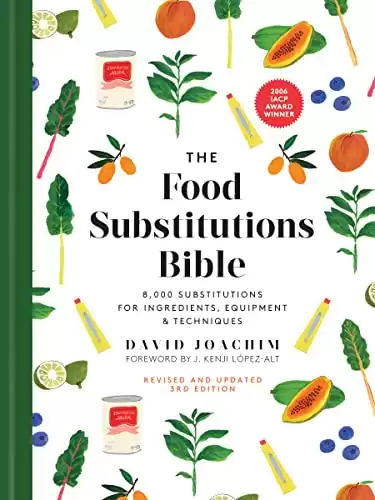In the quest for healthier alternatives to refined sugar, natural sweeteners have gained popularity. Among the top contenders are maple syrup and coconut sugar, both prized for their distinct flavors and potential health benefits. But when it comes to choosing between these two sweeteners, which one reigns supreme?
In this article, we'll delve into the flavor profiles, health benefits, and usage of maple syrup and coconut sugar to help you make an informed decision about which natural sweetener is the better choice for you.
So, whether you're a health-conscious individual seeking nutritious alternatives or a culinary enthusiast eager to explore new flavors, join us as we compare maple syrup and coconut sugar in the ultimate battle of the natural sweeteners.
Maple Syrup vs. Coconut Sugar: Which Is the Better Natural Sweetener?
When it comes to natural sweeteners, maple syrup and coconut sugar are two popular options. Let's compare them in terms of flavor, health benefits, and usage to determine which one might be the better choice for you.
- The must-have convenient reference guide for every home cook!
- Includes more than 8,000 substitutions for ingredients, cookware, and techniques.
- Save time and money on by avoiding trips to grab that "missing" ingredient you don't really need.
Maple Syrup vs. Coconut Sugar: Flavor Profile
Maple Syrup Flavor Profile:
Maple syrup is renowned for its distinct caramel notes, woodsy flavor, and complex taste profile. It offers hints of vanilla, cinnamon, and even hazelnut, making it a versatile ingredient in various culinary applications. The caramel notes contribute to its rich and sweet taste, while the woodsy flavor comes from the sap of maple trees that undergo a transformation during the syrup-making process. This unique combination of flavors creates a harmonious balance and enhances the overall taste experience.
The natural sweetness of maple syrup pairs exceptionally well with other flavors like vanilla, chocolate, hazelnut, and cinnamon. Additionally, subtle undertones of vanilla, cinnamon, and hazelnut add to its complexity, further enhancing its versatility in both sweet and savory dishes.
Coconut Sugar Flavor Profile:
The flavor of coconut sugar is often described as having a deep, caramel-like taste, similar to the flavors found in maple syrup or brown sugar. Its complex flavor profile adds depth and character to dishes, making it a sought-after ingredient for those seeking natural sweeteners with a unique twist. The gentle sweetness of coconut sugar is not overpowering, allowing it to blend harmoniously with other flavors in recipes.
Maple Syrup vs. Coconut Sugar: Health Benefits

When comparing the health benefits of maple syrup and coconut sugar, several factors come into play. Let's examine each sweetener's nutritional composition and explore the potential advantages they offer:
Maple Syrup Health Benefits:
Natural Sweetness: Maple syrup is derived from the sap of maple trees, making it a natural sweetener. It provides a sweet taste without the need for refined sugars or artificial additives.
Antioxidant Properties: Maple syrup contains various antioxidants, such as polyphenols and manganese. These antioxidants help neutralize free radicals in the body, reducing oxidative stress and potentially lowering the risk of chronic diseases.
Mineral Content: Maple syrup is a source of essential minerals, including manganese, zinc, and calcium. Manganese supports enzyme function and bone health, while zinc contributes to immune system function and wound healing. Calcium is crucial for bone strength and overall bone health.
Lower Glycemic Index: Maple syrup has a lower glycemic index compared to refined sugar, meaning it causes a slower and more gradual increase in blood sugar levels. This can be beneficial for individuals monitoring their blood sugar levels.
Coconut Sugar Health Benefits:
Low Fructose Content: Coconut sugar contains a lower percentage of fructose compared to other sweeteners like cane sugar and high fructose corn syrup. Excessive fructose consumption has been associated with negative health effects, making coconut sugar a potentially healthier alternative.
Mineral Content: Coconut sugar contains small amounts of minerals, including iron, zinc, potassium, and calcium. These minerals play essential roles in various bodily functions, such as energy production, immune support, and bone health.
- The must-have convenient reference guide for every home cook!
- Includes more than 8,000 substitutions for ingredients, cookware, and techniques.
- Save time and money on by avoiding trips to grab that "missing" ingredient you don't really need.
Fiber Content: Coconut sugar contains a small amount of dietary fiber, which aids digestion and promotes feelings of fullness. Fiber also plays a role in regulating blood sugar levels and maintaining a healthy weight.
Low Insulin Response: Coconut sugar has a lower insulin response compared to refined sugar, meaning it may have a less significant impact on blood sugar levels. This can be beneficial for individuals with diabetes or those looking to manage their blood sugar levels.
It's important to note that while maple syrup and coconut sugar offer potential health benefits, they should still be consumed in moderation as part of a balanced diet. Additionally, individual health needs and dietary considerations may vary, so consulting with a healthcare professional or registered dietitian is always recommended.
Maple Syrup vs. Coconut Sugar: Usage
Both maple syrup and coconut sugar offer versatile options as alternatives to refined sugar in a wide range of recipes. Let's explore how each sweetener can be incorporated into various culinary creations:
Maple Syrup Usage:
Topping for Pancakes, Waffles, and Desserts: Maple syrup is a classic and beloved topping for breakfast favorites like pancakes and waffles. Its rich, distinctive flavor adds a touch of natural sweetness and complements the flavors of these dishes perfectly. Also, maple syrup can be drizzled over desserts like ice cream, cheesecake, or fruit salads, enhancing their taste and presentation.
Sweetener in Baking: In baking, maple syrup can be used as a natural sweetener in place of refined sugar. It adds a unique depth of flavor to muffins, cookies, cakes, and bread. When substituting maple syrup for granulated sugar in a recipe, it's essential to adjust the ratios of other liquid and dry ingredients accordingly due to the difference in moisture content.
Sweetener in Cooking: Maple syrup can also be used to add a touch of sweetness to savory dishes. It can be incorporated into glazes for roasted meats, added to marinades or dressings, or used as a flavor enhancer in sauces and stews. The subtle caramel notes of maple syrup can bring a delightful balance to savory ingredients.
Coconut Sugar Usage:
Sweetener in Baking: Coconut sugar can be used as a 1:1 substitute for granulated sugar in baking recipes. It adds a rich, caramel-like flavor to baked goods like cookies, muffins, and cakes. Due to its slightly drier texture, it's advisable to increase the liquid content slightly when using coconut sugar in baked goods.
Sweetener in Cooking: Coconut sugar can be used in cooking as a natural sweetener in various dishes. It can be added to savory sauces, stir-fries, and curries to balance out the flavors and add subtle sweetness. The deep, earthy flavor of coconut sugar pairs well with Asian-inspired dishes and can lend a unique twist to traditional recipes.
Beverage Sweetener: Coconut sugar can also be dissolved in hot or cold beverages as a natural sweetener. It can be used to sweeten coffee, tea, smoothies, or even homemade lemonade, providing a distinct flavor profile that sets it apart from refined sugar or artificial sweeteners.
In Conclusion
Choosing between maple syrup and coconut sugar as a natural sweetener depends on personal preference, flavor profile, and specific dietary needs. Maple syrup offers a unique flavor with caramel notes and a lower glycemic index than cane sugar, making it a suitable choice for those concerned about blood sugar control. Coconut sugar, with its caramel color and flavor similar to maple syrup or brown sugar, also has a lower glycemic index and can be used as a replacement for brown sugar in recipes. Both sweeteners should be consumed in moderation as part of a balanced diet.
Ultimately, the decision between maple syrup and coconut sugar comes down to personal taste and the desired flavor profile in your recipes. Experimenting with both can help you determine which one suits your preferences and dietary needs best.
- The must-have convenient reference guide for every home cook!
- Includes more than 8,000 substitutions for ingredients, cookware, and techniques.
- Save time and money on by avoiding trips to grab that "missing" ingredient you don't really need.

